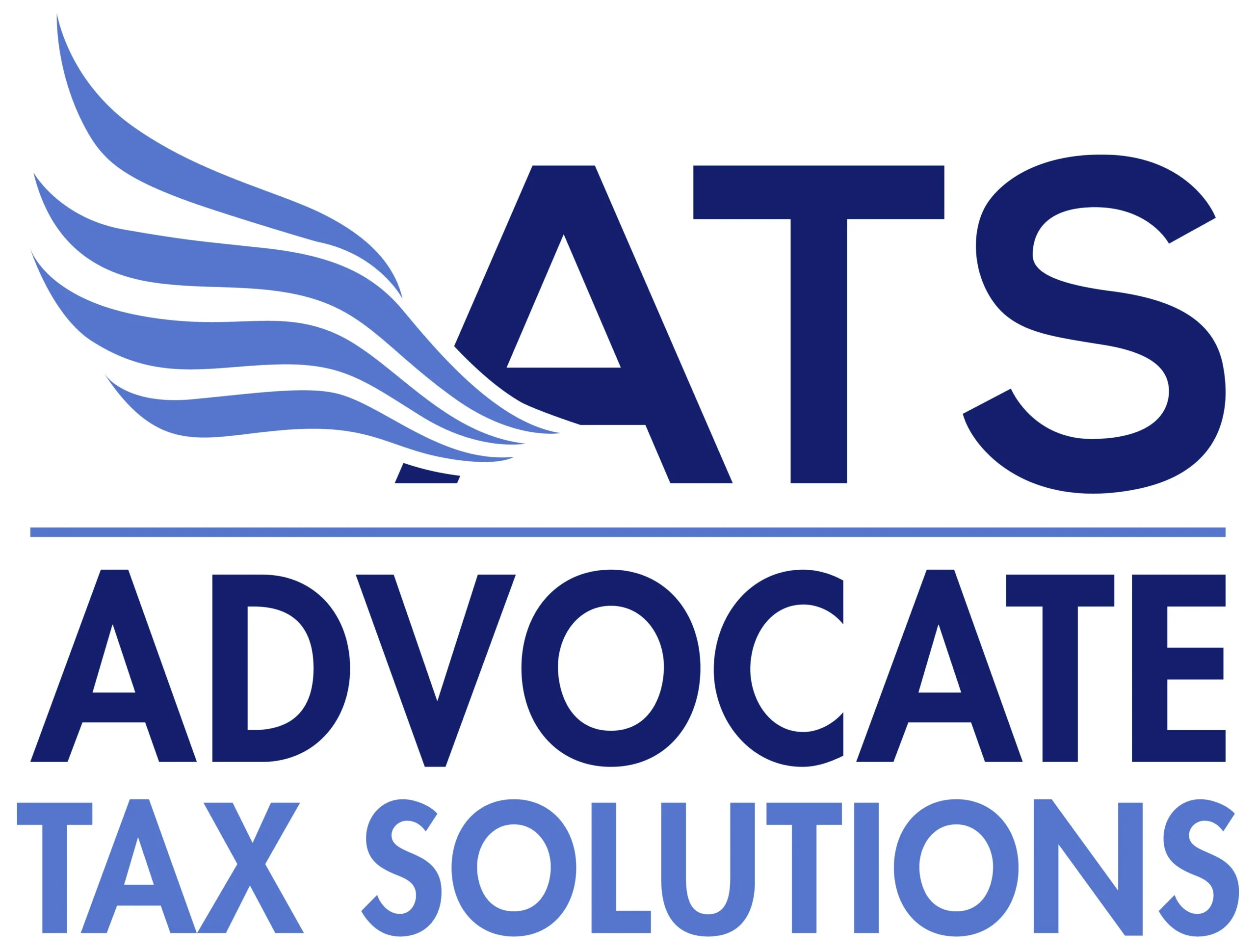
How To Get Out of Garnishment and Bank Levy
Dealing with garnishments and bank levies can create financial hardship. There are several options available to help you get out of these situations. Here are some steps you can take:
- Contact the IRS
If you receive a Final Notice of Intent to Levy, contacting the IRS immediately is essential. However, you can call them directly or work
with a licensed tax professional who can assist you in resolving the issue.
- Request a Collection Due Process (CDP) Hearing
If you’ve received a Final Notice of Intent to Levy, you can request a CDP hearing within 30 days of receiving the notice. This will allow you to work out a resolution with the IRS. Furthermore, you can enlist the assistance of a licensed Enrolled Agent (EA), tax attorney, or CPA to represent you in this process.
- Pay in Full
If you can pay the total amount you owe, the IRS will not proceed with the levy and will release the hold on your funds. Fortuantly, making paying in full can also help you avoid additional interest and penalties.
- Amend your Tax Returns
If you believe you owe taxes due to a mistake on a tax return, you can amend your tax returns to correct the error. Once processed, this may reduce or eliminate the amount owed to the IRS or state.
- Enter Into an Installment Agreement
If you cannot pay the amount in full, you can request an Installment Agreement. This means you agree to make monthly payments to pay off your tax debt gradually. Once you enter into an Installment Agreement, the IRS or state will remove the freeze on your bank account. Regardless, you must make payments sufficient to pay off the taxes owed before the statute of limitations for each tax year expires.
- File an Offer in Compromise (OIC)
An Offer in Compromise allows taxpayers to settle their tax debt for less than the total amount owed. However, the IRS only accepts Offers in Compromise from taxpayers who meet specific eligibility criteria. Working with a tax professional experienced in dealing with Offer in Compromises is recommended, as it is a complex process.
- Prove Financial Hardship
If you are experiencing severe financial hardship, you may be eligible for a hardship status with the IRS. This could temporarily suspend collection activities, including bank levies. To qualify, taxpayers must demonstrate to the IRS that paying the tax debt would result in significant financial hardship.
- Prove identity Theft!
If you believe you are a victim of tax-related identity theft, you should contact the IRS for assistance. You may need to set up a temporary resolution with the IRS and fill out the Identity Theft Affidavit (IRS Form 14039). Seeking help from a tax professional experienced in dealing with tax-related identity theft is advisable.

It's important to note that the IRS can levy your bank account and withdraw funds to pay towards your tax debt. However, the bank is required to hold the funds for 21 days before releasing them to the IRS. After the levy is lifted, you can use your bank account as usual. The IRS can issue another levy in the future if you have an unpaid tax debt.
In such situations, it's recommended to seek assistance from a tax professional who can guide you through the process and help you resolve the issue effectively.
